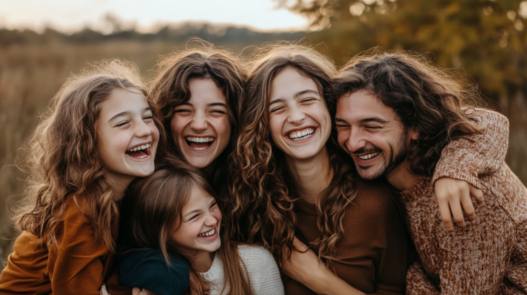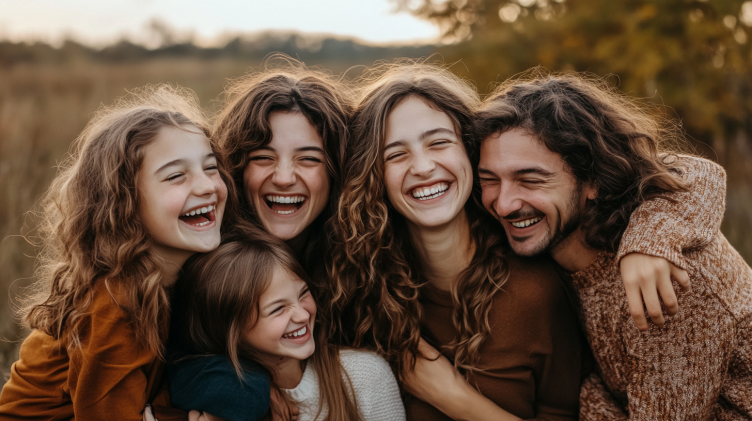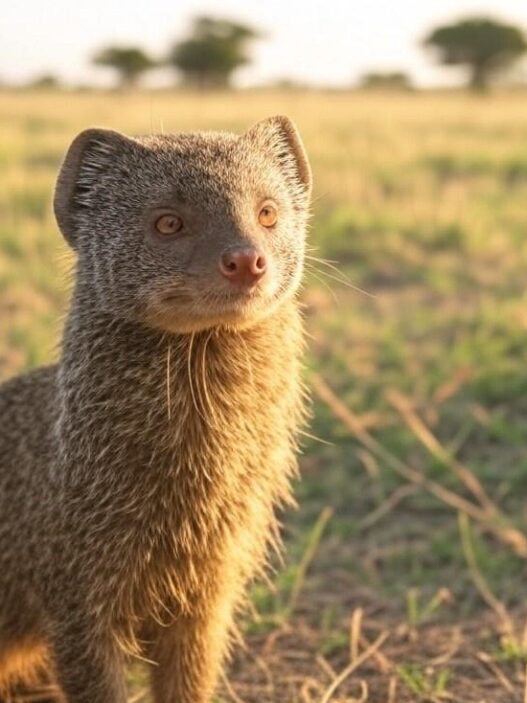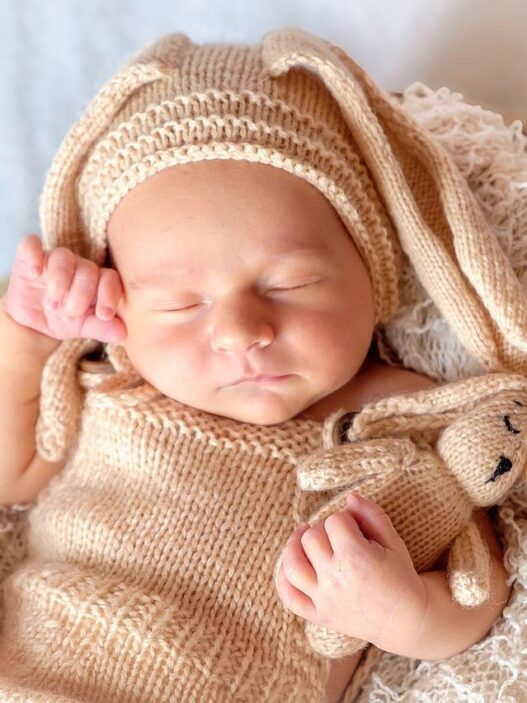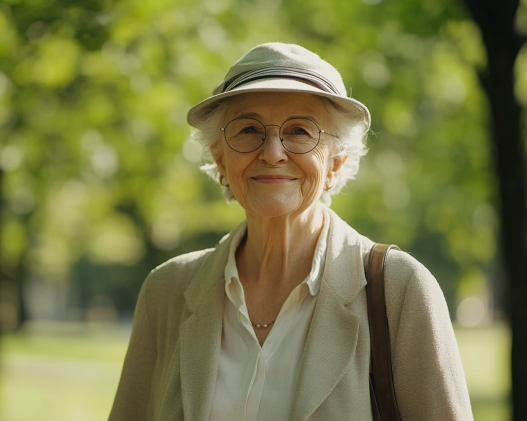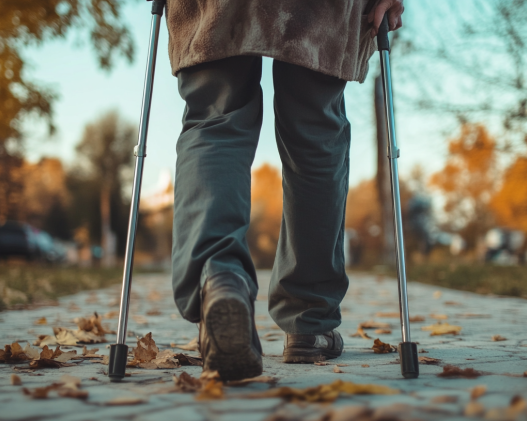Picture this: You’re scrolling through social media, and you spot a post about friendships. Immediately, one person pops into your mind—your best friend. But have you ever wondered why they, out of billions of people, became your partner-in-crime? Whether it was love at first chat or a gradual bond formed through countless shared moments, science has a fascinating answer.
The DNA Connection: More Than Coincidence
Recent research from Yale University and the University of California, San Diego, has revealed an astonishing truth: the genetic similarity between friends can be as high as that between fourth cousins. Yes, you read that right—your best friend might be the sibling you never knew you had!
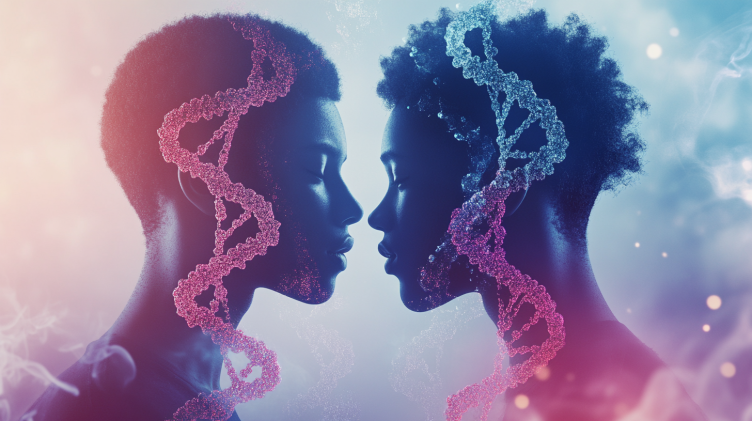
The study, published in PNAS, analyzed genetic data from over 1,900 participants, pairing them into friend groups and stranger groups. The findings? Friends, despite lacking blood ties, share a genetic resemblance that’s far stronger than that of strangers.
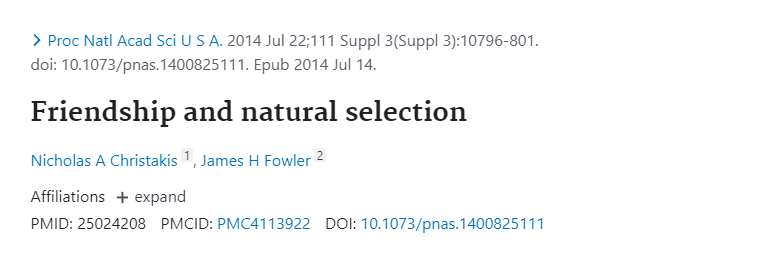
Research Screenshot
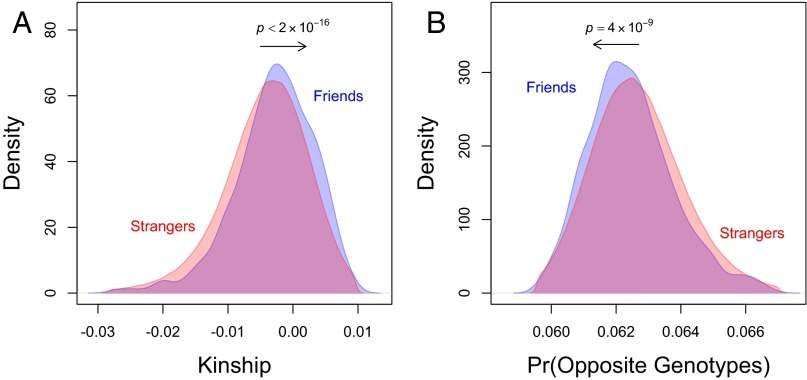
Research Screenshot
But that’s not all:
- Shared Preferences in Smell: Friends often have similar olfactory genes, meaning you’re more likely to bond over mutual love for a bakery’s cinnamon rolls or the scent of fresh flowers.
- Complementary Immunity: In contrast, friends tend to have diverse immunity-related genes, which may enhance group survival by reducing shared vulnerabilities to diseases.
From an evolutionary perspective, these genetic patterns may have contributed to the survival and growth of communities, ensuring complementary strengths and shared resilience.
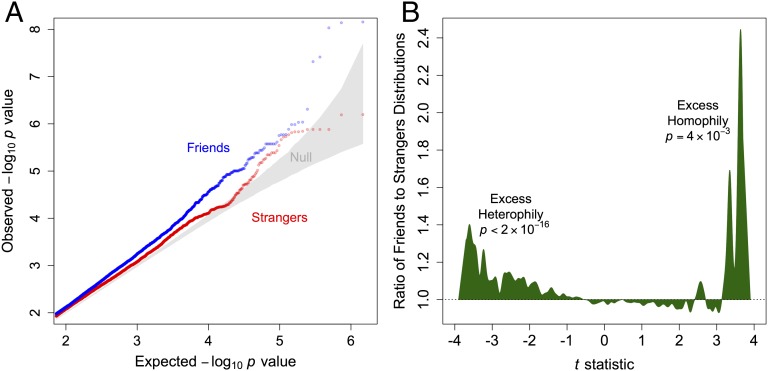
Research Screenshot
Friends Who Eat (and Gain Weight) Together
Science also shows that friends don’t just share genes—they share habits, too:
- Eating Habits: A study of Australian teens revealed that those with healthy-eating friends were less likely to skip meals and more inclined to adopt nutritious diets.
- Weight Influence: A report in The New England Journal of Medicine found that if one friend gains weight, the other’s likelihood of gaining weight increases by 57%. Surprisingly, this influence surpasses even that of siblings or romantic partners.

Sharing More Than Laughs: Microbiomes and Minds
Ever heard the phrase, “You are the company you keep”? It’s truer than you think. Research from Yale published in Nature discovered that close friends often share up to 10% of their gut microbiomes. This microbial similarity can predict social bonds more accurately than many demographic traits.
Moreover, friends often develop synchronized behaviors, speech patterns, and even brain activity over time. Psychologists call this “mirroring,” and it’s why your bestie can finish your sentences—or laugh at a joke only the two of you understand.
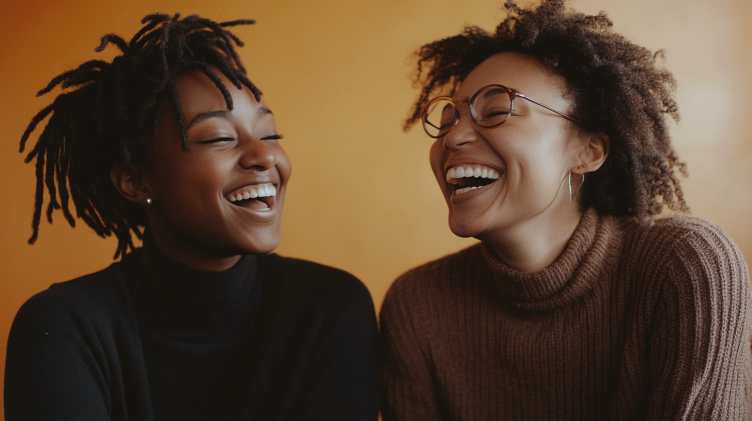
Emotional Support: A Friend’s True Power
Friendships do more than just boost your mood—they’re vital for mental and physical health:
- Longevity: Studies suggest that strong social bonds can reduce the risk of early death, rivaling the health benefits of quitting smoking or regular exercise.
- Stress Relief: Having a trusted friend can lower stress levels, combat depression, and improve overall life satisfaction.
In adulthood, friendships become lifelines, especially during challenges like work stress, family struggles, or personal doubts. A true friend reminds you of your worth, stands by you in tough times, and celebrates your victories—no matter how small.
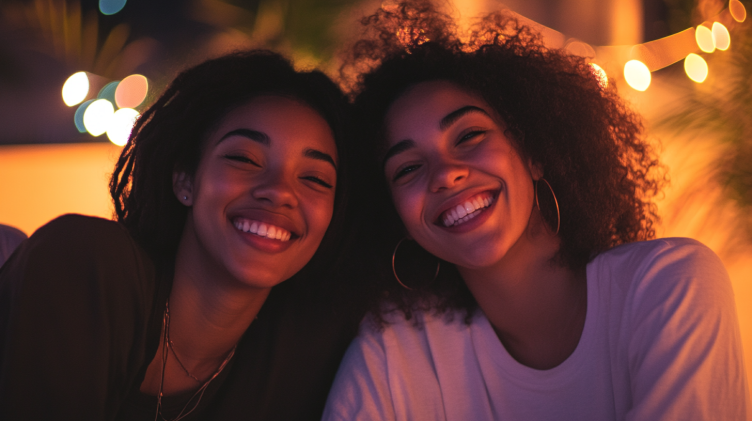
More Than Just Coincidence
So, why does your best friend feel like family? Science says it’s not just about shared experiences but also deeply rooted biological connections. While genetics may lay the foundation for friendships, it’s the shared laughter, mutual support, and countless memories that turn friends into the family we choose.
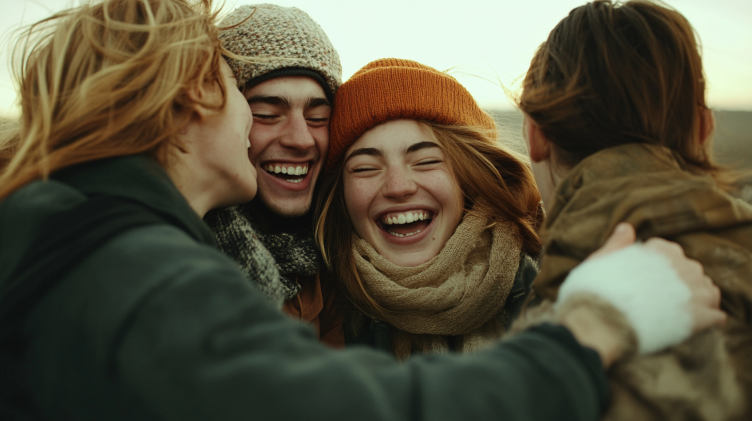
So next time you see your best friend, remember: You didn’t just find them—you were destined to meet.







